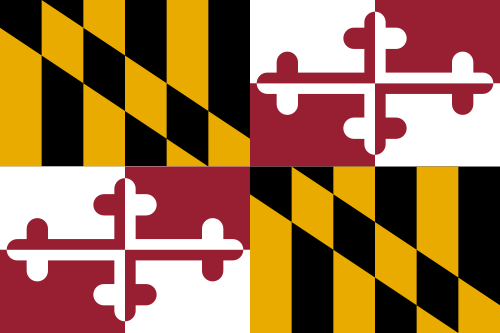Tag: comptroller
-
BlackRock CEO seeks firm’s removal from Texas prohibited asset manager list

BlackRock CEO Larry Fink petitioned Texas elected officials to remove the firm from the state’s prohibited asset manager list at an energy investment summit on February 6. BlackRock has not been eligible to manage public assets in Texas since August 24, 2022, when Texas Comptroller Glenn Hegar (R) released a list of companies and funds…
-
South Carolina legislature considering amendment to make comptroller an appointed rather than elected position

South Carolina legislators are considering a constitutional amendment to make the state comptroller appointed by the governor rather than elected. If passed by both chambers of the legislature, it would appear on the 2024 ballot for voter approval. The amendment was introduced as Senate Joint Resolution 95 on Jan. 10, 2023. The Senate Judiciary Subcommittee…
-
Lierman and Glassman running for Maryland comptroller on Nov. 8

Brooke Elizabeth Lierman (D) and Barry Glassman (R) are running for Maryland comptroller on Nov. 8, 2022. Incumbent Peter Franchot (D) ran for election for governor of Maryland. He lost in the Democratic primary on July 19, 2022. Lierman has represented District 46 of the Maryland House of Delegates since 2015. She also worked as…

